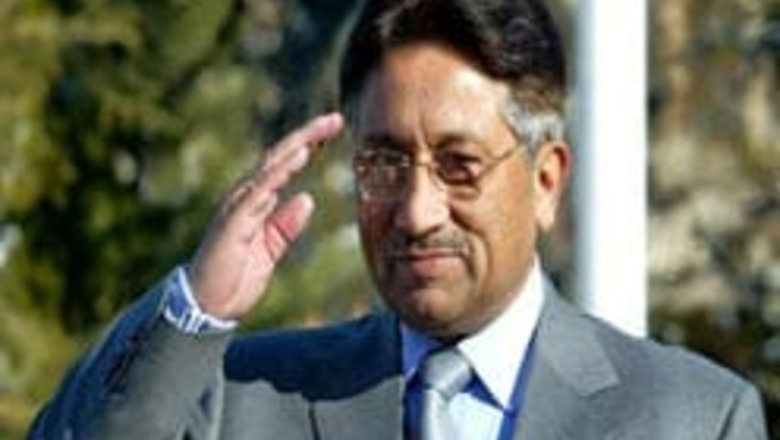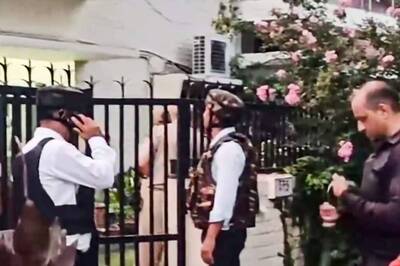
views
New Delhi: Most Pakistanis favour Army rule, but that is least preferred in India. But then not all Indians are opposed to Army rule, showing a lack of depth to the concept of democracy.
This is the finding of a Study of Democracy in South Asia, published by New Delhi-based Centre for Study of Developing Societies.
During the survey, six out of every 10 respondents in Pakistan and Bangladesh wanted the Army to be in charge. In fact 84 per cent of those surveyed in Pakistan find democracy either 'very suitable' or 'suitable' for the country while 60 per cent 'strongly agree' or just 'agree' with Army rule.
The survey was conducted in five South Asian countries - Bangladesh, India, Nepal, Pakistan and Sri Lanka in collaboration with the International Institute of Democracy and Electoral Assistance, Stockholm and Department of Sociology, Oxford University.
Among the five, Sri Lanka was found to love democracy the most. Bangladesh comes second in terms of democratic preferences in spite of having phases of military rule and military-guided democracies during 1975-90. India comes third.
In fact, Bangladesh was found to be the most upbeat nation when it comes to democracy as the country goes to the most contentious polls next month. The survey says democratic values were one of the principal reasons for Bangladesh parting from Pakistan.
As regards the Pakistanis, they appear to be on a completely different trajectory from other peoples in South Asia, who overwhelmingly support democracy. The Pakistanis seem fed up with the two short-lived tenures of Benazir Bhutto and Nawaz Sharif. In fact, half of Pakistanis are not keen on democracy, the survey says, ostensibly reflective of the sentiment in urban areas. The only democratically-elected government in Pakistan to complete its tenure was that of Z A Bhutto (1972-77), when the country got its present Constitution.
"The kind of response given by people in India and Sri Lanka should be worrying us," says Prof Yogendra Yadav of CSDS. "There are people who want democracy, but are not opposed to Army rule at the same time, which shows that there is a lack of depth to the concept of democracy."
PAGE_BREAK
The survey also showed that South Asia has more takers for democracy than Southeast Asia, East Asia, post-Soviet Europe and Latin America. "The people not only approve of democratic arrangements. They find it suitable for their own contexts. Seven out of eight responses in the region, higher than in East Asia, held that democracy was 'suitable' or 'very suitable' for their own country," the survey said.
With the exception of Pakistan, about two-thirds of those who responded preferred democracy to any other form of government. For every one response that endorses dictatorship, there are six that prefer democracy, which compares favourably with the ratio obtained in East Asia, Latin America and post-Soviet era countries of Europe.
The main problem with Pakistan is that its Constitution has continuously been abrogated or suspended, and people have actually begun to be cynical about political institutions, says Prof Peter D'Souza of CSDS. "So, what the finding show is that on the one hand there is a surging aspiration for democracy and on the other hand, because they have seen the institutions being mauled by the elites, therefore, they are cynical about the legitimacy of those institutions."
The CSDS survey covered 20,000 people across the region. The report goes on to say that democracy is conditioned by three conditions: nationalism, desire for a strong state and the idea of modernity.

















Comments
0 comment